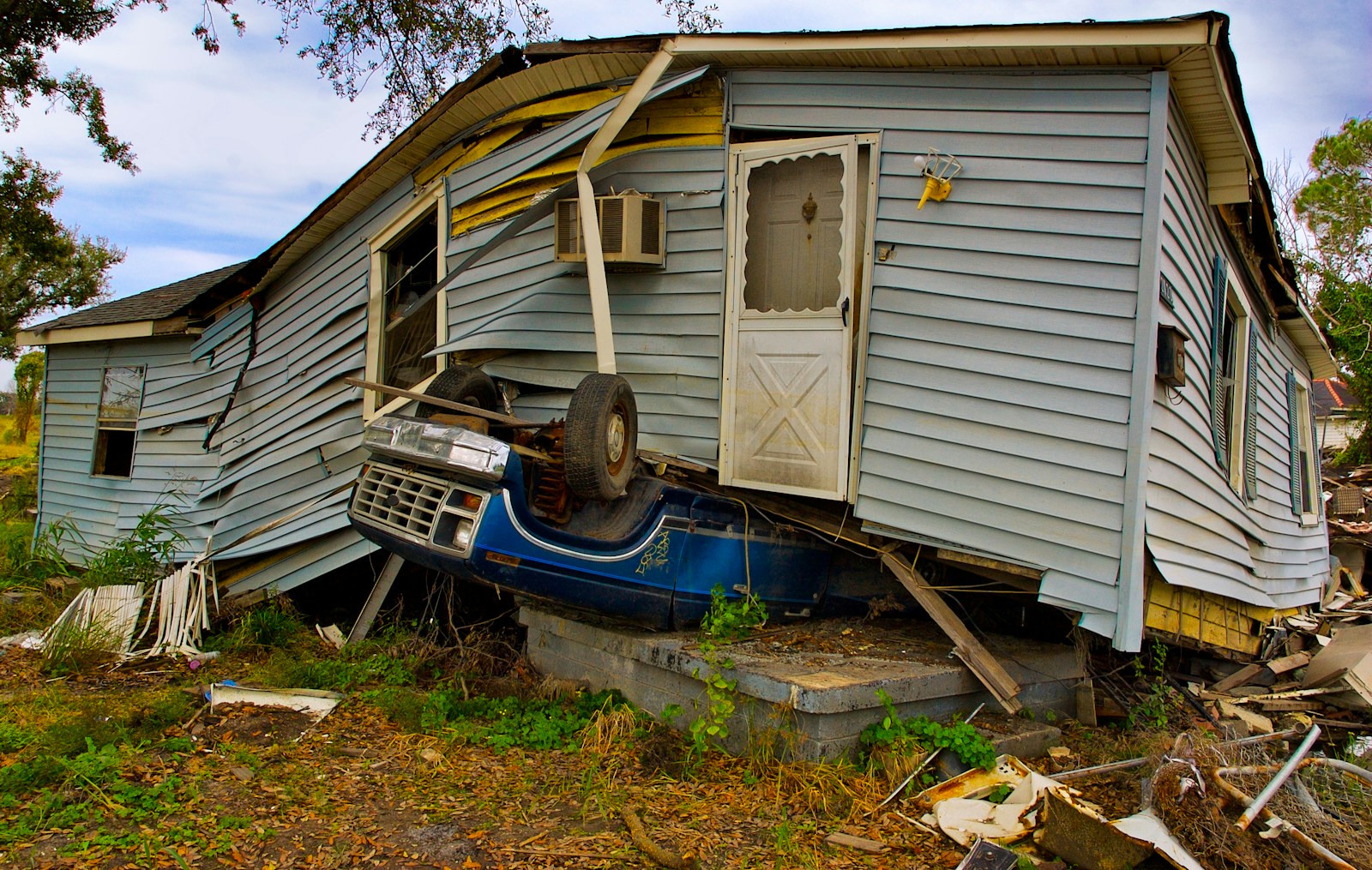
Photograph by John Middelkoop via Unsplash
After the storm
November 12, 2024
On October 19, a work trip took me to St. Petersburg, Florida. Ten days earlier, Hurricane Milton had hit the coast of this city on the night of October 9. I am used to living through storms since I live in Puerto Rico, and this is a natural phenomenon that is frequent in our area. What is new for me is arriving after the storm.
After the storm, a tense calm sets in. People leave their homes to identify their losses. Unfortunately, some of these losses are physical. We may learn of the death of someone we know, a family member, or a stranger who we also mourn because the loss of life is always a great tragedy. Pets, livestock, crops, and houses are lost… and sometimes, so is hope. It is a time of mourning for all that is here no more, accompanied by gratitude for what has been preserved.
After the storm, the event stops being part of the headlines. As the days go by, people must resume their routine while, at the same time, beginning the recovery process. Reconstruction gives way to cleaning, reorganizing, and identifying resources to continue. Sometimes, trying to get back to the routine while surviving takes a toll on mental health. So, there is a need to process every day the best you can with the energy you have. After the storm, it’s okay not to be okay.
Ten days after the storm, I visited a local pastor and several leaders of his congregation. The pastor shared with me that he had been without power for 7 days, and he showed me photos of his home surrounded by water. Because he had no access to his home for days, he had to stay in a hotel and rent a car until the water level allowed him to return. Everyone there shared their stories – stories filled with gratitude to God for his care. As they talked, they also healed. Now it is time to wait for the water levels to go down so they can clean and restore the buildings, including the church that suffered a lot of water damage. They are not alone. They have a denomination and sister churches willing to walk alongside them in this process. God, incarnated in the community, gives them strength, resources, and energy to continue.
I would love to be able to say that after the storm comes calm, but that is not always the case. Sometimes, after the storm, we need to denounce the structures and systems that oppress us to the point that they stop or hinder recovery.
After the storm, a damage assessment and restoration plans are made. There, we test whether the systems work. We see if the family emergency plan is effective, if the government responds as it should, and how strong the community ties are. Sadly, we also realize that after the storm, many things remain the same. On my trip from Orlando to St. Petersburg, I saw how quickly debris has already been cleared from affluent areas and how much debris remains in front of the homes of marginalized communities – even though the two areas are simply separated by a road. Inequality continues after the storm.
I would love to be able to say that after the storm comes calm, but that is not always the case. Sometimes, after the storm, we need to denounce the structures and systems that oppress us to the point that they stop or hinder recovery.
Hurricane Maria hit Puerto Rico in 2017. In 2024 – seven years after the storm – the country is still recovering. The electrical grid is unstable because it was never fully restored. The government of Puerto Rico demonstrated its corruption and inability to address the crisis.
After the storm, a second storm of social indignation came, which became known as the Summer of ’19. The Puerto Rican people took to the streets to demand the resignation of the governor who turned his back on his people at such a critical moment and who, in addition, mocked the deaths of the 4645 people who lost their lives because of the hurricane. Sometimes, after the storm, other storms of justice are needed to change the destiny of society for the better. That storm that began in Puerto Rico in the summer of 2019 continues. Sometimes, the winds sound stronger than at other times, but people are awakening.
A world that reflects the values of God’s kingdom of justice, love, and peace is possible. As a church, we must continue to accompany the people affected by natural disasters with our prayers, volunteer work, and resources. But that is not all. We must also act in favor of fair systems for all. May God help us.
Rev. Abigail Medina-Betancourt is national coordinator for Intercultural Engagement, American Baptist Home Mission Societies. Read the Spanish language version of this article here.
The views expressed are those of the author and not necessarily those of American Baptist Home Mission Societies.


